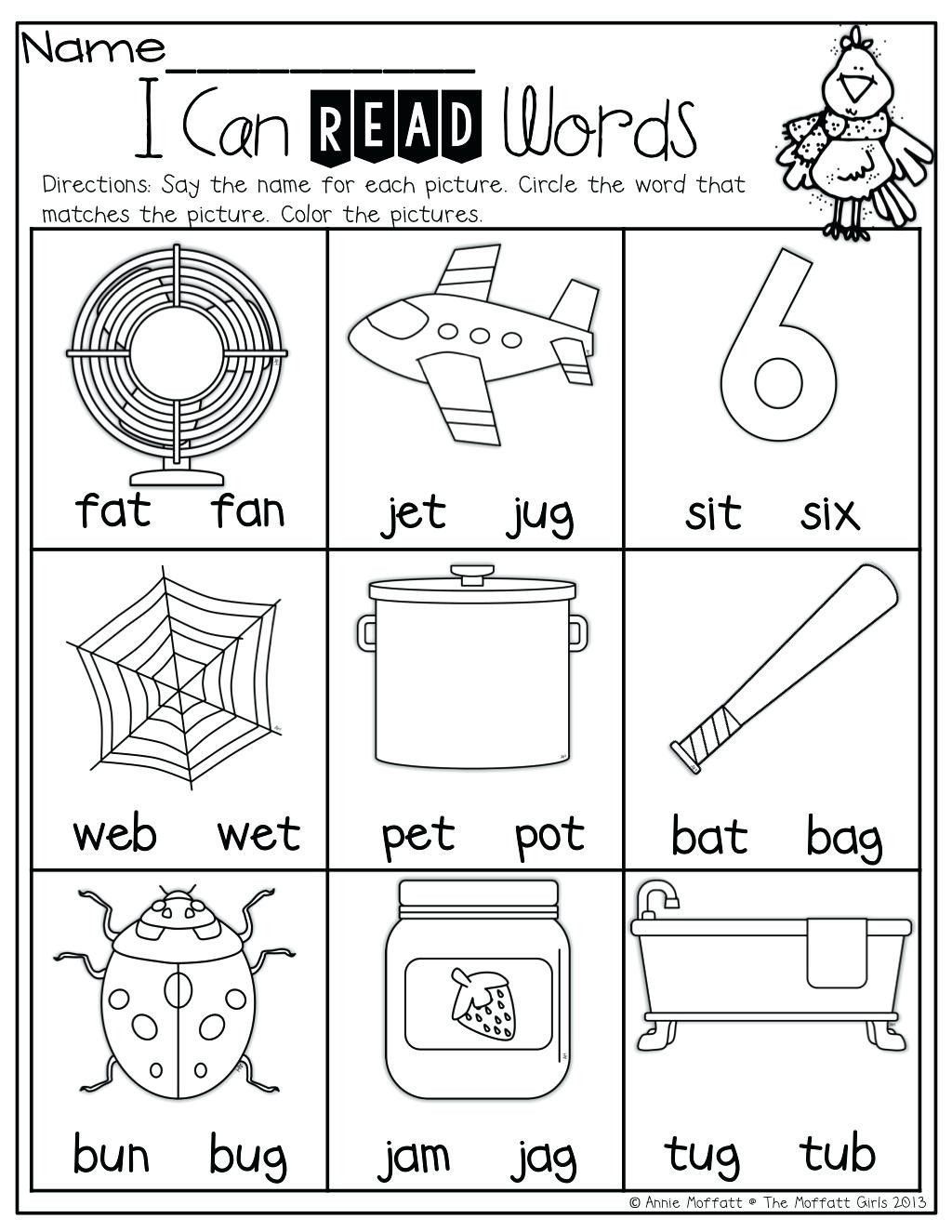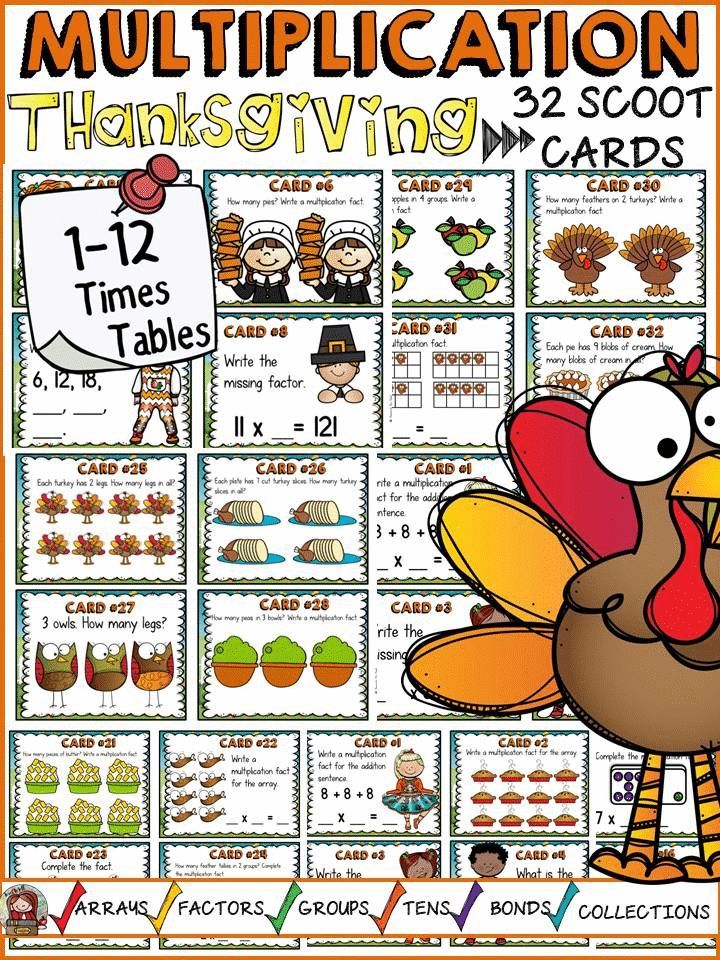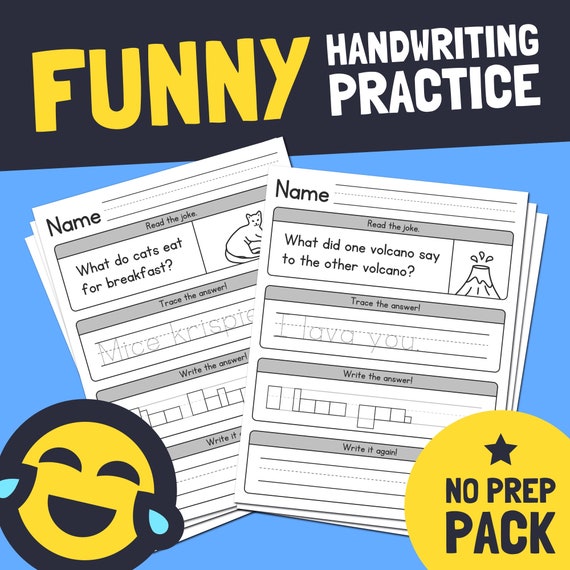8 Worksheets for Recovering Addicts to Stay Sober
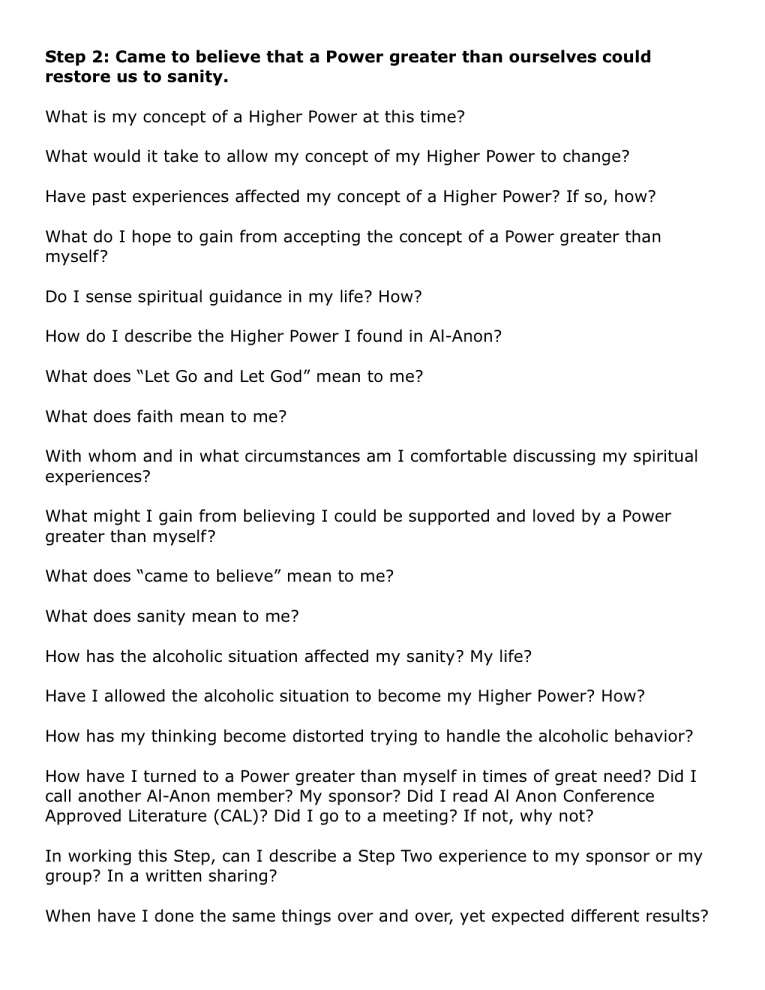
Recovery from Addiction: The Power of Worksheets
Recovery from addiction is a long and arduous journey, but with the right tools, individuals can overcome their struggles and achieve sobriety. One effective way to aid in the recovery process is through the use of worksheets. Worksheets can provide a structured and thought-provoking way for individuals to process their emotions, track their progress, and develop coping strategies.
Benefits of Using Worksheets in Recovery
Worksheets can be a valuable addition to any recovery program, offering numerous benefits, including:
- Increased self-awareness: By reflecting on their thoughts, feelings, and behaviors, individuals can gain a deeper understanding of themselves and their addiction.
- Improved emotional regulation: Worksheets can help individuals identify and manage their emotions, reducing the risk of relapse.
- Enhanced coping skills: Worksheets can provide individuals with the tools and strategies they need to navigate challenging situations and maintain sobriety.
- Accountability and tracking: Worksheets can help individuals track their progress, set goals, and stay accountable throughout their recovery journey.
8 Worksheets for Recovering Addicts to Stay Sober
Here are eight worksheets that can be used to support individuals in their recovery from addiction:
1. Addiction History Worksheet
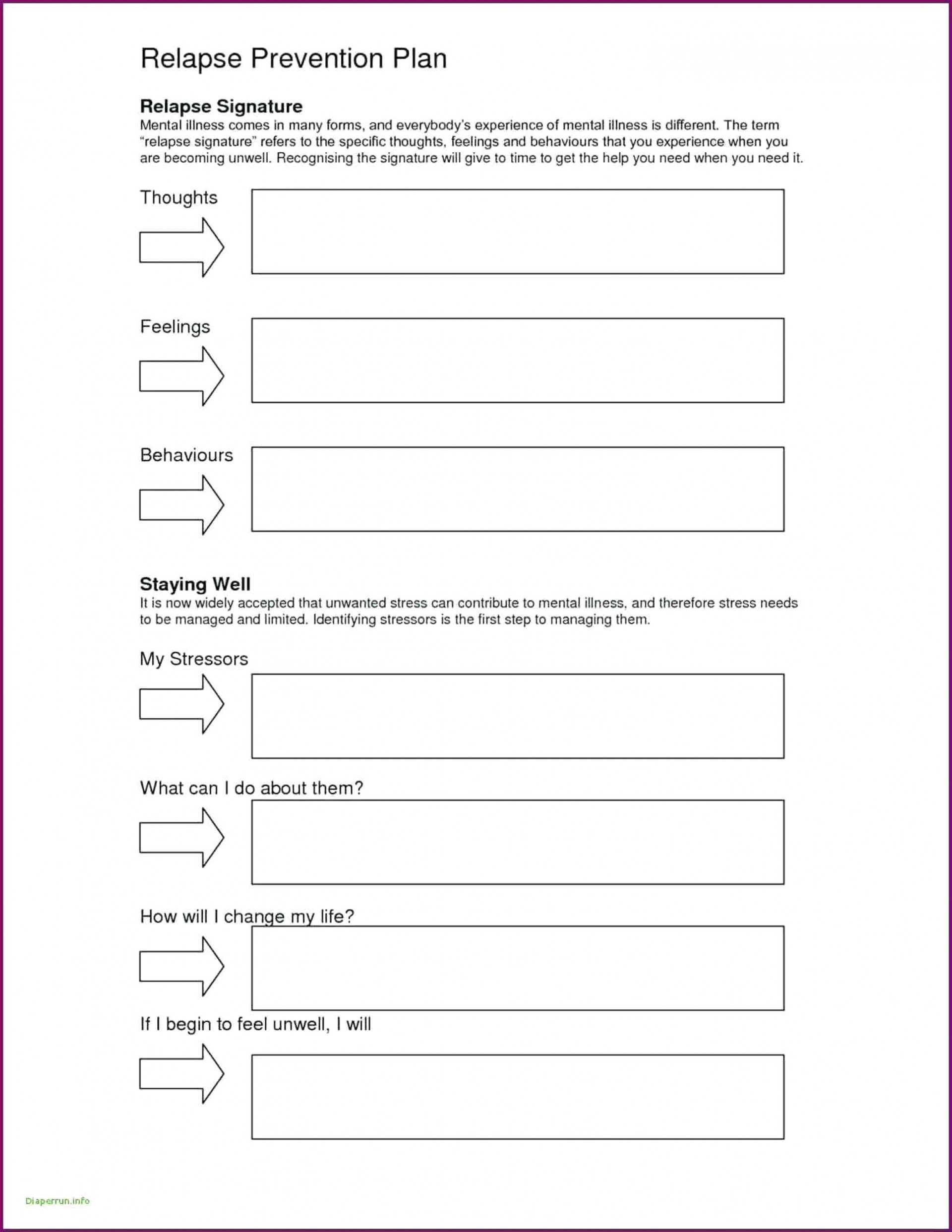
| Category | Description |
|---|---|
| Substance(s) used | List the substances you have used |
| Length of use | How long did you use each substance? |
| Frequency of use | How often did you use each substance? |
| Last use date | Date of last use for each substance |
| Withdrawal symptoms | List any withdrawal symptoms experienced |
This worksheet helps individuals reflect on their addiction history, acknowledging the substances they have used, the length and frequency of use, and any withdrawal symptoms experienced.
2. Triggers Worksheet
| Trigger | Description | Coping Strategy |
|---|---|---|
| People | Who are the people that trigger my desire to use? | What coping strategies can I use when around these people? |
| Places | What places trigger my desire to use? | What coping strategies can I use when in these places? |
| Emotions | What emotions trigger my desire to use? | What coping strategies can I use when experiencing these emotions? |
This worksheet helps individuals identify the people, places, and emotions that trigger their desire to use and develop coping strategies to manage these triggers.
3. Sobriety Goals Worksheet
| Goal | Description | Timeline |
|---|---|---|
| Short-term goal | What do I want to achieve in the next 30 days? | 30 days |
| Mid-term goal | What do I want to achieve in the next 6 months? | 6 months |
| Long-term goal | What do I want to achieve in the next year? | 1 year |
This worksheet helps individuals set and track their sobriety goals, breaking them down into short-term, mid-term, and long-term objectives.
4. Self-Care Worksheet
| Self-Care Activity | Frequency | Benefits |
|---|---|---|
| Exercise | How often do I exercise? | What are the benefits of exercise for my recovery? |
| Meditation | How often do I meditate? | What are the benefits of meditation for my recovery? |
| Journaling | How often do I journal? | What are the benefits of journaling for my recovery? |
This worksheet helps individuals prioritize self-care activities, tracking their frequency and benefits for their recovery.
5. Support System Worksheet
| Support Person | Contact Information | How Often to Meet/Calls |
|---|---|---|
| Sponsor | Phone number, email | Weekly meetings |
| Therapist | Phone number, email | Bi-weekly sessions |
| Support Group | Meeting schedule, location | Weekly meetings |
This worksheet helps individuals identify and organize their support system, including sponsors, therapists, and support groups.
6. Relapse Prevention Worksheet
| Situation | Trigger | Coping Strategy |
|---|---|---|
| Social gatherings | Feeling pressure to use | Leave early, bring a sober friend |
| Stressful situations | Feeling overwhelmed | Take a break, practice deep breathing |
| Boredom | Feeling restless | Engage in a hobby, exercise |
This worksheet helps individuals identify situations that may trigger a relapse and develop coping strategies to manage these situations.
7. Gratitude Worksheet
| Date | Things I’m Grateful For |
|---|---|
| Today | List three things you’re grateful for today |
| This week | List three things you’re grateful for this week |
| This month | List three things you’re grateful for this month |
This worksheet helps individuals cultivate gratitude, reflecting on the things they’re thankful for each day, week, and month.
8. Progress Tracking Worksheet
| Date | Progress | Challenges |
|---|---|---|
| Today | What progress have I made today? | What challenges did I face today? |
| This week | What progress have I made this week? | What challenges did I face this week? |
| This month | What progress have I made this month? | What challenges did I face this month? |
This worksheet helps individuals track their progress, acknowledging achievements and challenges throughout their recovery journey.
📝 Note: These worksheets are meant to be used as a supplement to traditional therapy and support groups, not as a replacement for professional help.
What is the purpose of using worksheets in recovery?
+Worksheets can provide a structured and thought-provoking way for individuals to process their emotions, track their progress, and develop coping strategies, aiding in their recovery from addiction.
How often should I use these worksheets?
+It's recommended to use these worksheets regularly, ideally weekly, to track progress and stay accountable throughout the recovery journey.
Can I use these worksheets with my therapist or support group?
+Absolutely! These worksheets can be a valuable tool to use with your therapist or support group, providing a structured way to explore your thoughts, feelings, and behaviors.
The journey to sobriety is unique to each individual, and what works for one person may not work for another. By incorporating these worksheets into their recovery program, individuals can take a proactive approach to managing their addiction, developing the skills and strategies necessary to maintain long-term sobriety.

